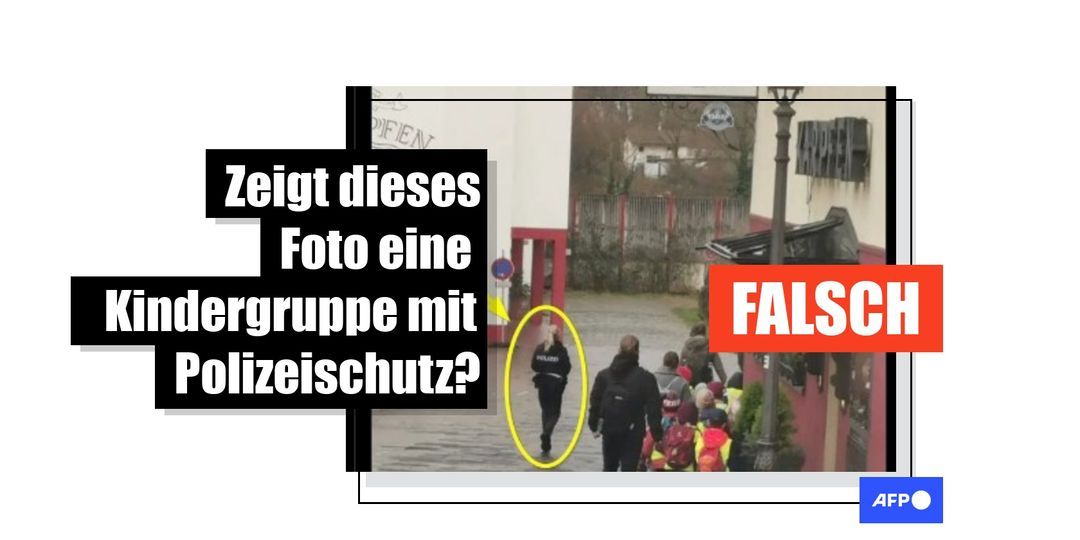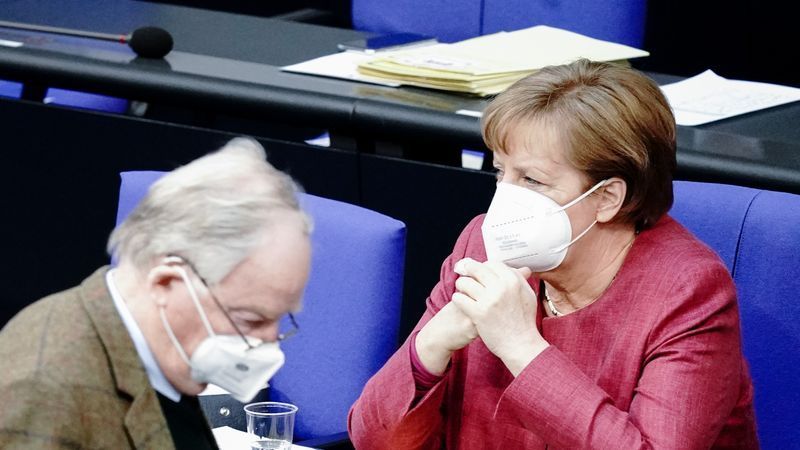Facts against Fakes: 5th Weekly Update by GADMO ahead of the 2025 German Federal Election
In the run-up to the German federal election taking place on 23 February 2025, GADMO, EDMO’s Hub covering Germany and Austria, provides weekly insights into key election-related developments in Germany’s digital information space. Please note that the below is a semi-automated translation of the German version of the weekly election newsletter.
Last Sunday, two weeks before the federal election, Chancellor Olaf Scholz (SPD) and CDU/CSU candidate Friedrich Merz had their first television duel. From a fact-checking perspective, the traditional question of who won such a duel cannot be assessed. However, a text on our website looks at the points where the candidates argued with false or misleading figures – there were quite a few. More on this below.
What we have uncovered recently
A rather peculiar false claim: Former Chancellor Angela Merkel (CDU) allegedly founded the AfD party to silence her critics. Just to be on the safe side: That is not true. A fact-check (in German) shows how a satire is once again being spread without context and thus becomes a lie.
Above all else, this election campaign seems to be about the connection between the issues of migration and security. A frequently shared image shows a group of children next to a policewoman. But what does it show? Many, including an AfD politician, claim that it illustrates the security situation in Germany. But that is not true. A fact-check (in German) shows that a kindergarten class is merely visiting a police station.
Who got it wrong recently
This week, this section is shared by two leading politicians: Chancellor Olaf Scholz (SPD) and opposition leader Friedrich Merz (CDU). In their television debate, the two threw numbers at each other. Despite probably thorough preparation for this important election campaign date, they were not always right, as an investigation shows (in German). It will probably not be the last, as there will be a few more such dates, including with Alice Weidel and Robert Habeck.
How the election is being attacked
The legitimacy of elections is often attacked using specific narratives designed to sow doubt. This week we’re examining disinformation regarding the use of ballots.
Voters record their vote on the ballot paper. The way this piece of paper is handled is the basis for the election result; only a valid ballot paper counts. Time and time again there is false information that is intended to trick people into invalidating their ballot paper or preventing them from voting. This includes, for example, requests to take a photo of the ballot (read more in German).
In the Federal Election Regulations, Section 56, Paragraph 2 states: “Photography or filming is not permitted in the voting booth.” Anyone who does so anyway can be rejected by the electoral board when casting their vote. This is to ensure that the vote remains secret. Anyone who is rejected by the electoral board can, however, request a new ballot paper after the old ballot paper has been destroyed in the presence of a member of the electoral board.
Ahead of previous elections, people were also asked to sign ballot papers. But this inevitably makes them invalid and means that the votes cast on them are not counted. The Federal Returning Officer’s website (in German) provides further information on common errors in dealing with ballot papers.
At a glance: selected fact-checks
 |
 |
 |
| Scholz and Merz partly argued with false figures in the televised debate | No, this kindergarten group is not under police protection | Alleged AfD founding contract comes from satire site |
| The TV debate between Chancellor Olaf Scholz and Chancellor candidate Friedrich Merz revolved around migration, the labor market and Ukraine, among other things. We have fact-checked some of the claims made by Scholz and Merz.
(in German) |
After the attack on kindergarten children in Aschaffenburg, a photo of a group of children with a policewoman was misleadingly distributed. It was falsely claimed that excursions were only possible under police protection. However, the photo shows a normal visit by a kindergarten group to the police.
(in German) |
Some former CDU members were involved in the founding of the AfD. However, former Chancellor and long-time CDU leader Angela Merkel was not one of them, even though some would have us believe that.
(in German)
|
